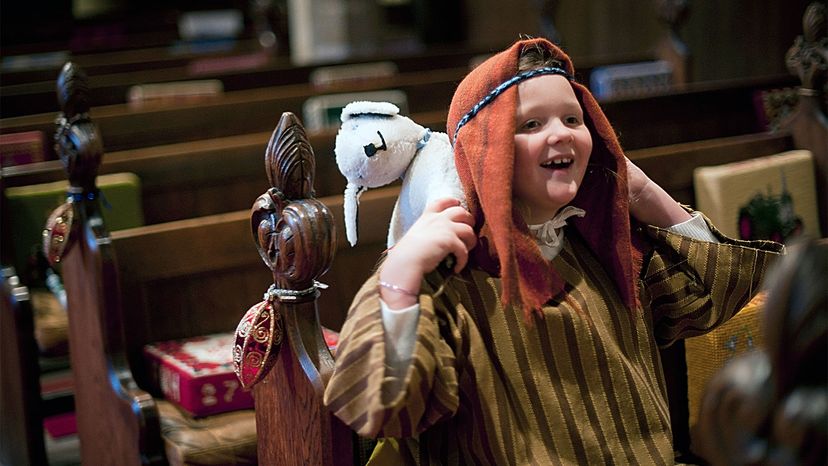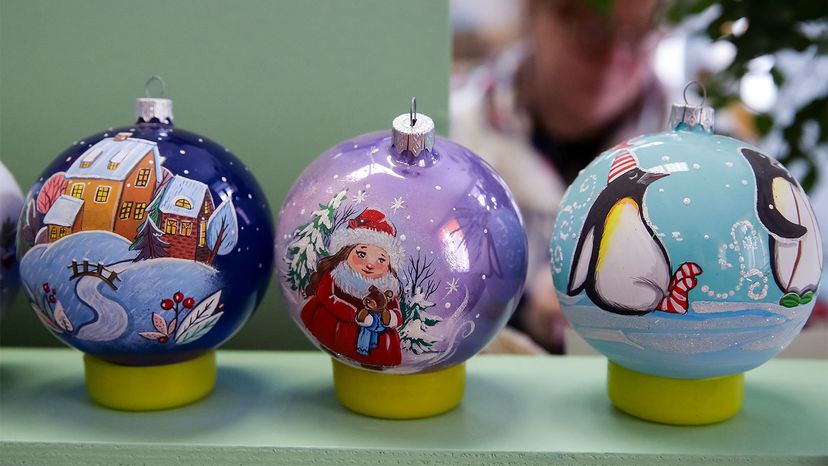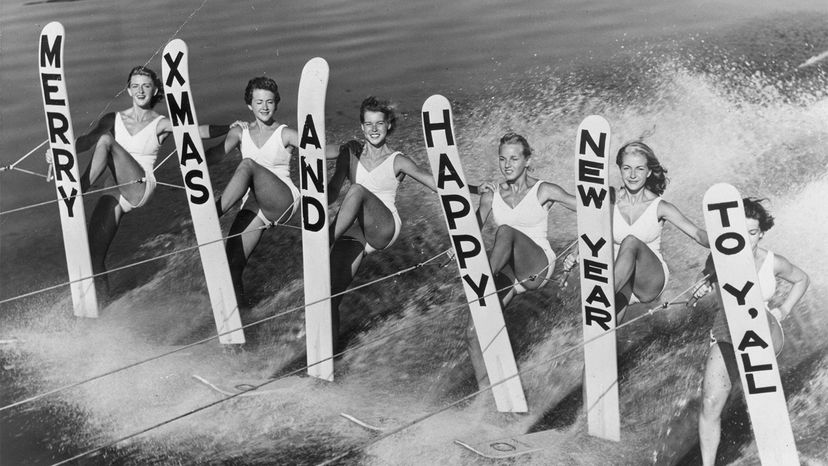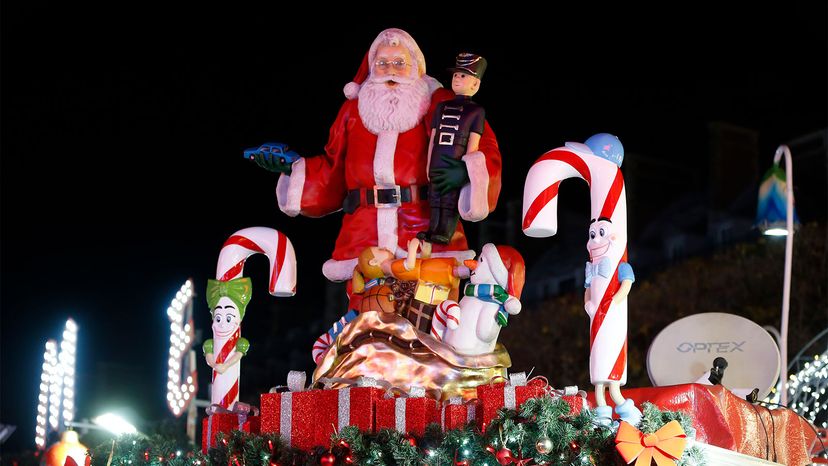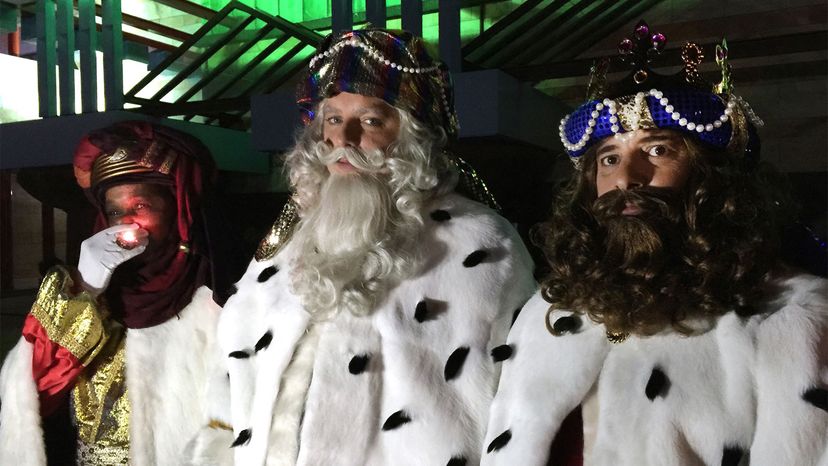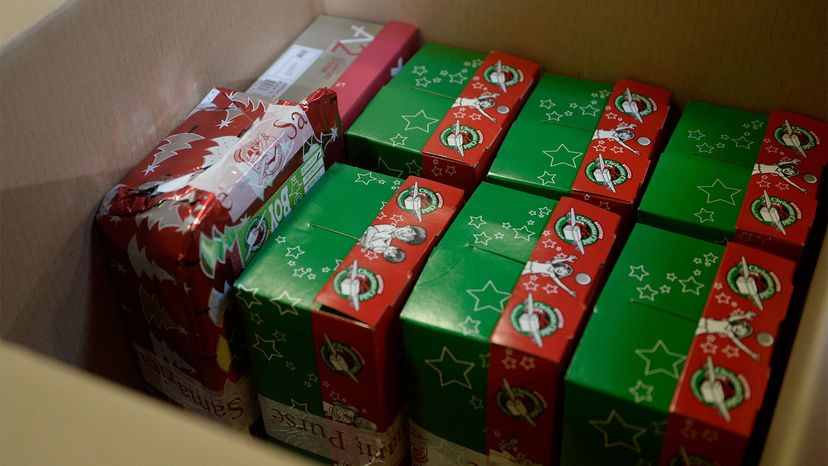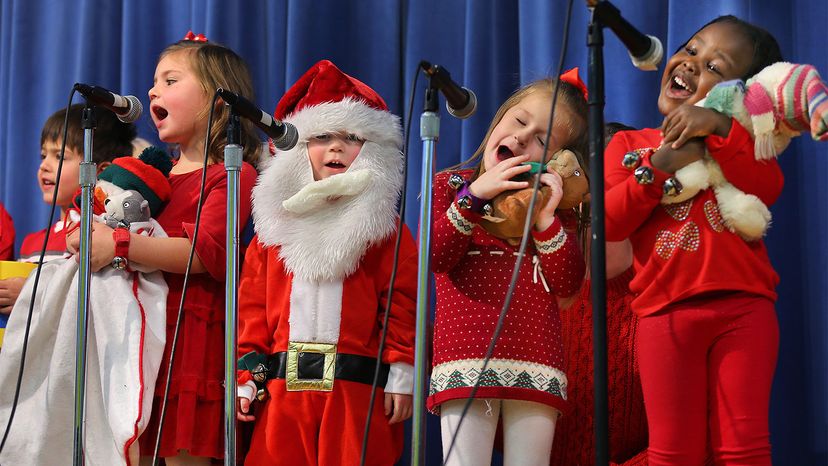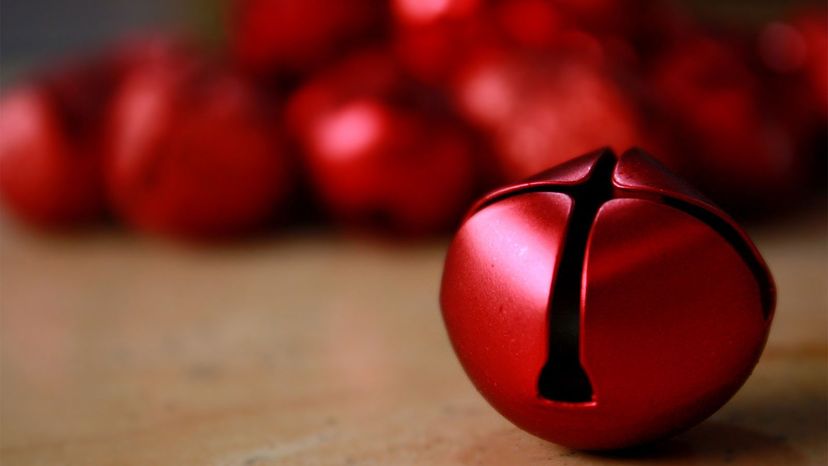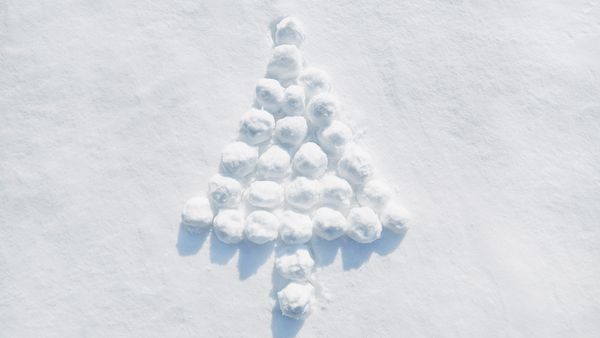
One of the most beloved Christmas traditions, especially in America, is decorating a Christmas tree. Most people think it's been around, well, forever. But the Christmas tree is actually a pretty recent holiday tradition.
German immigrants brought the tradition to the United States in the mid-18th century, yet 100 years later it still hadn't really caught on. In fact, it was downright controversial. The New York Times wrote an editorial against the practice in the 1880s, and when Teddy Roosevelt was president in the early 1900s, he railed against cutting down trees for Christmas, saying it was a waste of good timber [source: Shenkman]. The tradition, of course, took hold regardless.
Advertisement
Despite Christmas' popularity among Christians and non-Christians alike, little-known facts like this — and even outright myths — abound. From the holiday's religious origins to Mr. and Mrs. Claus to that great, evergreen symbol, the Yuletide tree, here are 10 enduring Christmas myths, exposed at last.


